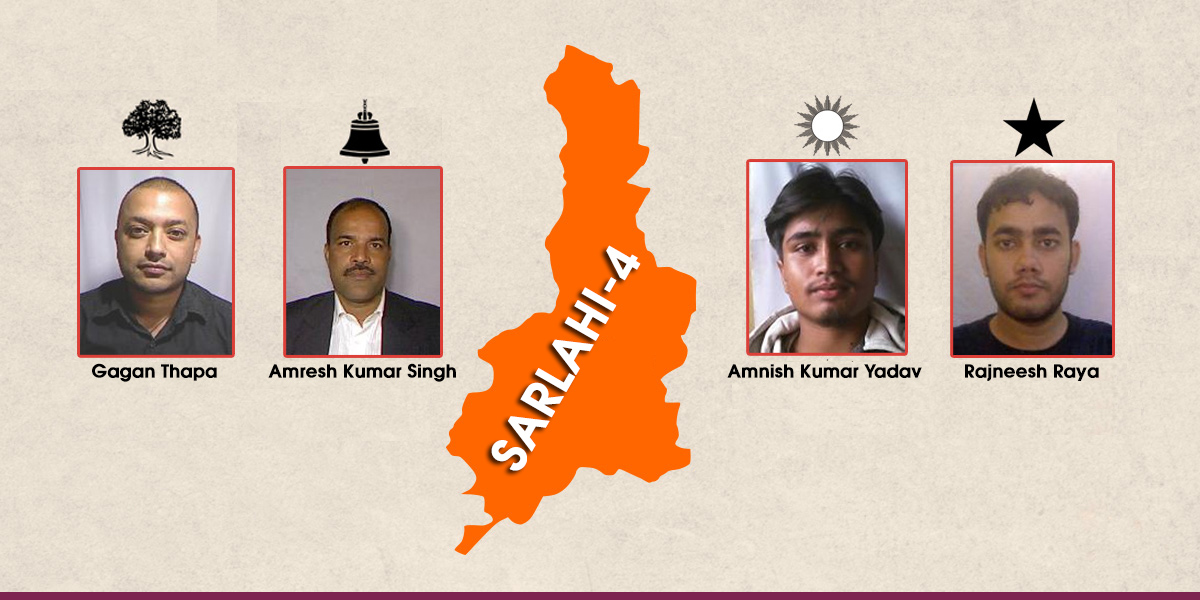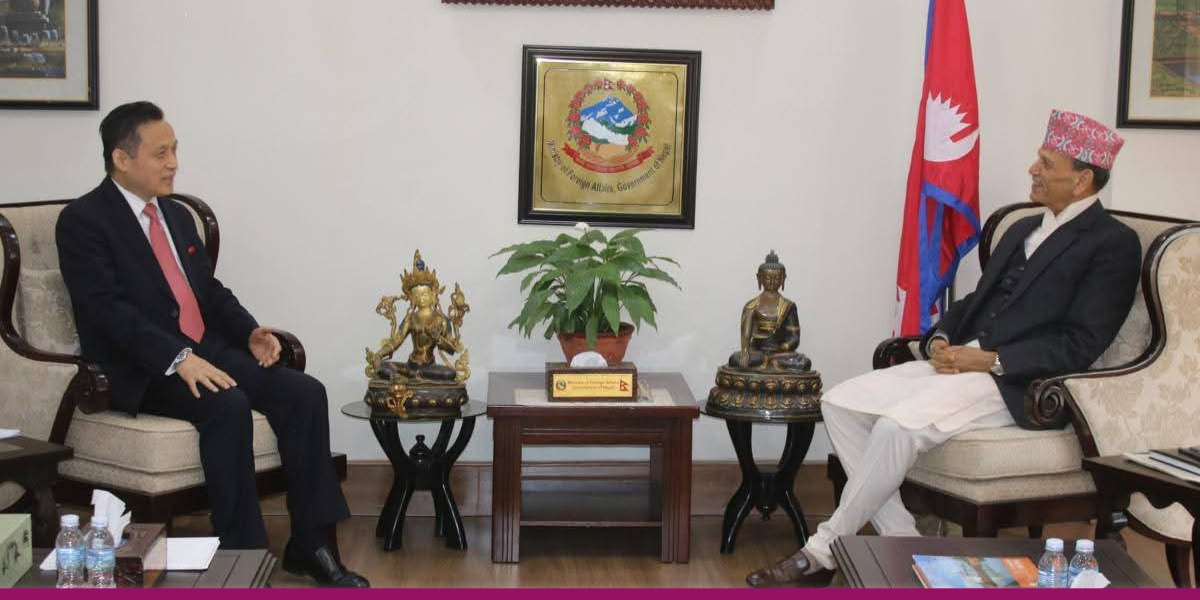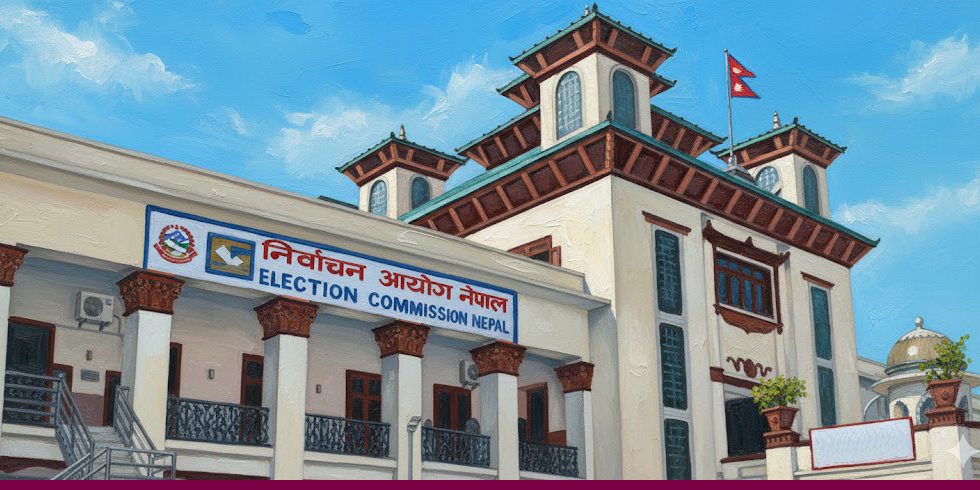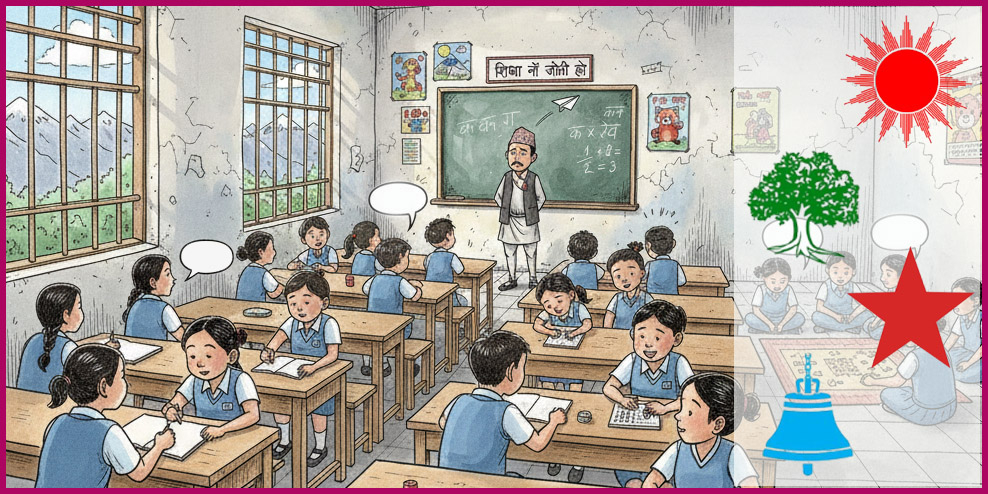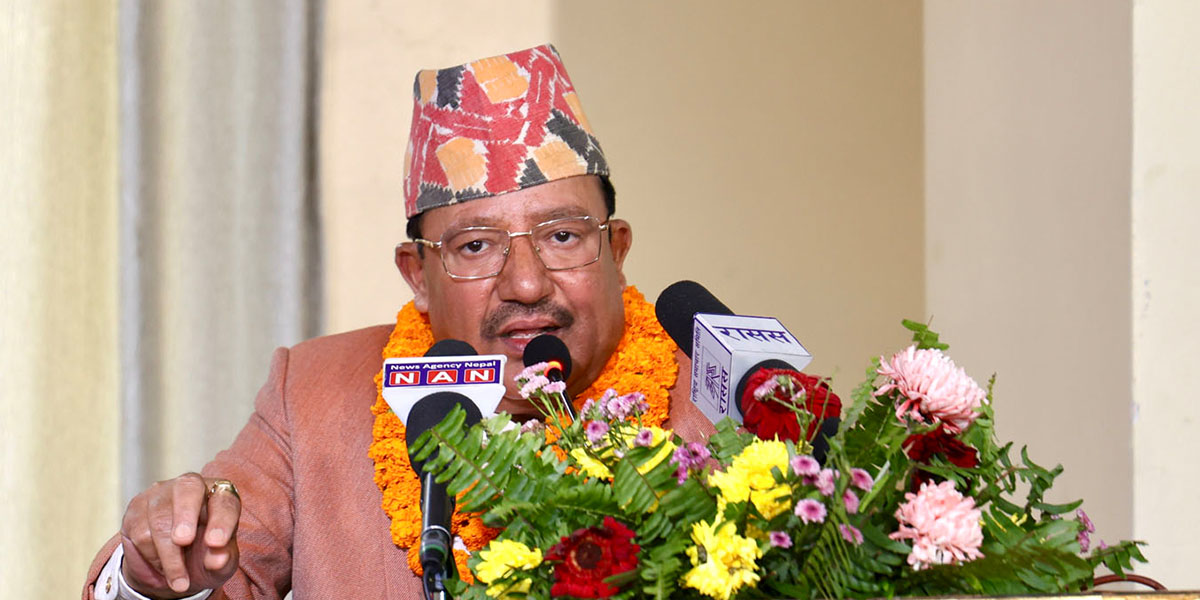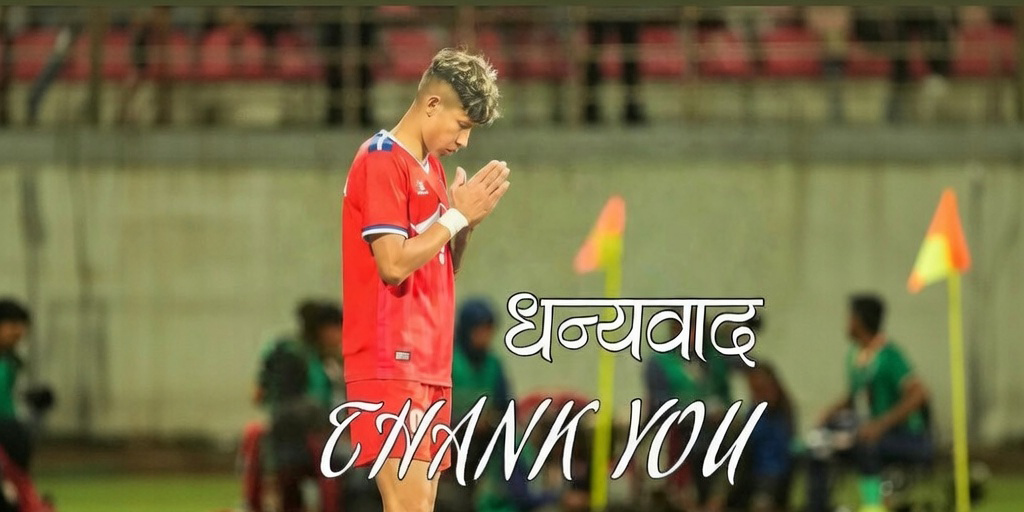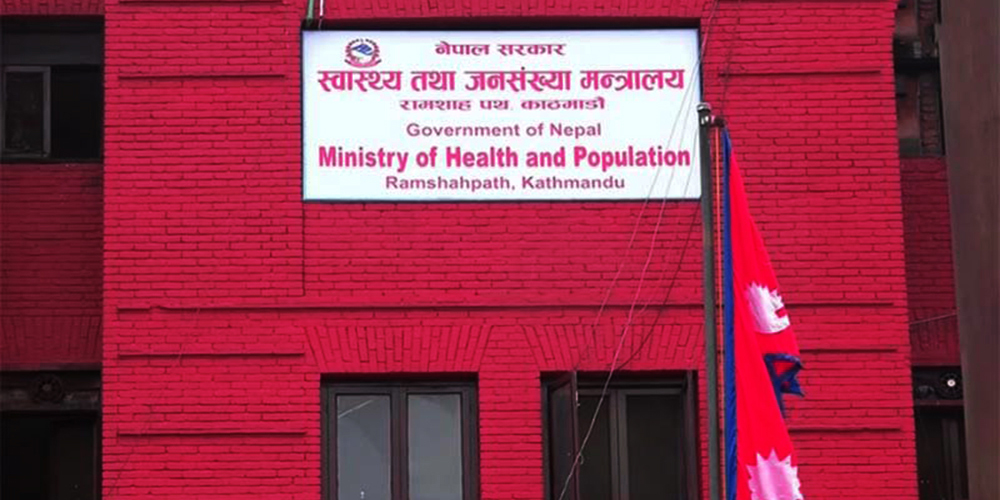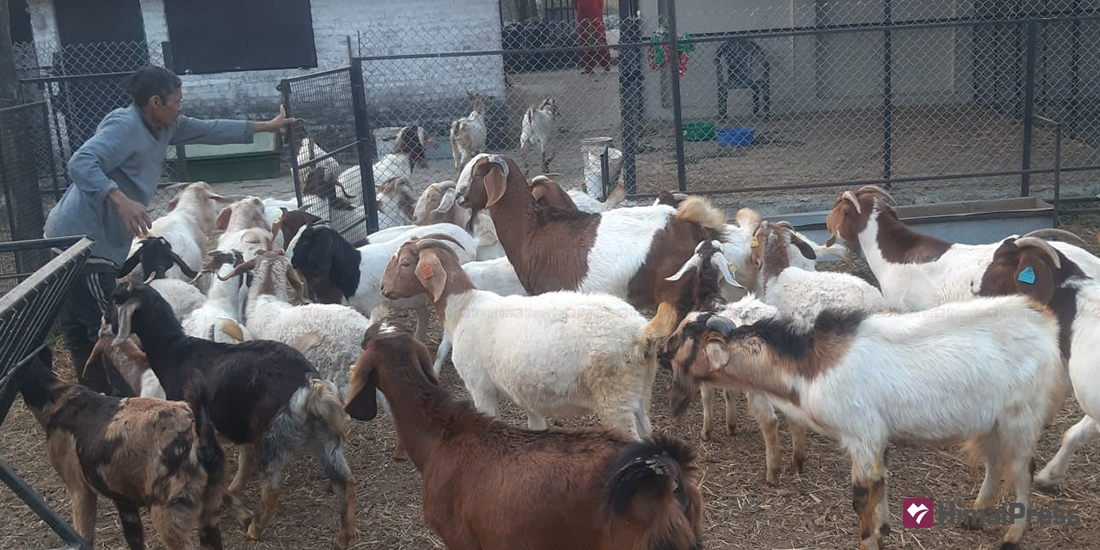 File Photo
File Photo
DHANGADHI: Ganesh Chand imported 26 goats from Australia five years ago. He later procured 30 goats for his farm – “Chanda’s Goat and Agriculture Farm” – from Chitwan. His farm in Gobaria in Bhimdatta Municipality-4 of Kanchanpur has 90 goats at present.
According to Chand, he has been selling goats for meat, while he has also been selling goats for breeding purposes to farmers of several hilly districts of the province. “The market is very good. There is no dearth of buyers,” he added.
Harish Bohora of Pandaun in Mohanyal Rural Municipality-5 is another farmer who has established himself in goat farming. His farm currently has 20 goats, three breeding males, and 10 she-goats. Along with rearing goats, Bohora is also supporting small-time farmers by buying goats from them and selling them in the market.
Many farmers like him in the Mohanyal region have made goat farming a dependable source of income generation. “Livestock farming is the main occupation of people living here. There are many goat farms in this region. There isn’t a household that doesn’t have three-four goats,” Bohora added.
Along with Mohanyal, the mountainous area of Kailali, like Chure Rural Municipality, has good potential for livestock farming. As it is a hilly area, there is no shortage of grazing ground.
While locals involved in livestock farming seem to be enjoying it, those, who left the country saying that there are no opportunities in Nepal, are wandering the streets of India, said Ganesh Bam of Kimtola in Chure Rural Municipality-1 of Kailali.
Goat-rearing business is flourishing not only in the hills of Kailali-Kanchanpur but also in the Terai region. Farmers are attracted to this profession as they are getting good income with small investments. Even overseas returnees are involved in goat farming. Bir Bahadur Koirala of Punarbas Municipality of Kanchanpur is one among them.
“I spent eight years in Qatar but could save nothing. Now, I am saving around Rs 150,000 annually,” he added.
Likewise, there are also many who have started goat farming by quitting daily wage jobs in India. One of them is Manoj Bahadur Bam of Shreebagar in Mahakali Municipality-1. Bam, who started goat farming three years ago, sold five goats last year. This year he has already sold 11. “We get a good price during Dashain-Tihar festive season. I am readying 22 goats for this Dashain,” Bam said. “If everything goes as planned, I will earn Rs 300,000 this year.”
Padam Khatri of Iyarkot in Naugad Rural Municipality-1 is involved in commercial goat farming for the past 10 years. He has built a modern farm where he has kept 61 goats. He makes around Rs 200,000 annually. Thanks to goat farming, his children are getting higher studies in Dhangadhi.
Pushkar Raj Nath, the information officer of the Animal and Fisheries Development Directorate, Dipayal, said the number of farmers involved in goat farming is on the rise. “Along with goat farming, sheep and mountain goat farming are also gaining pace in the mountainous region,” he added. “A large number of goats, sheep, and mountain goats are exported from the province during the Dashain-Tihar festive season.”
Prabhat Bogati of Dipayal Silgadhi said farmers haven’t been able to produce as per the market demand. “As the number of hotels and restaurants in the provinces rises, the demand for goats has also increased,” he added.
Bir Bahadur Nepali of Khanidanda in Chure-5 also said there is no shortage of markets for goats produced in the province. “As we also get demand from buyers in Kathmandu, the market is not a problem for us,” he added. Nepali said a dedicated livestock market in the province would give even more returns for farmers.
According to the directorate, goat meat production increased to 5,239.23 tons in 2022/23, up from 3,781.58 tons five years ago.


